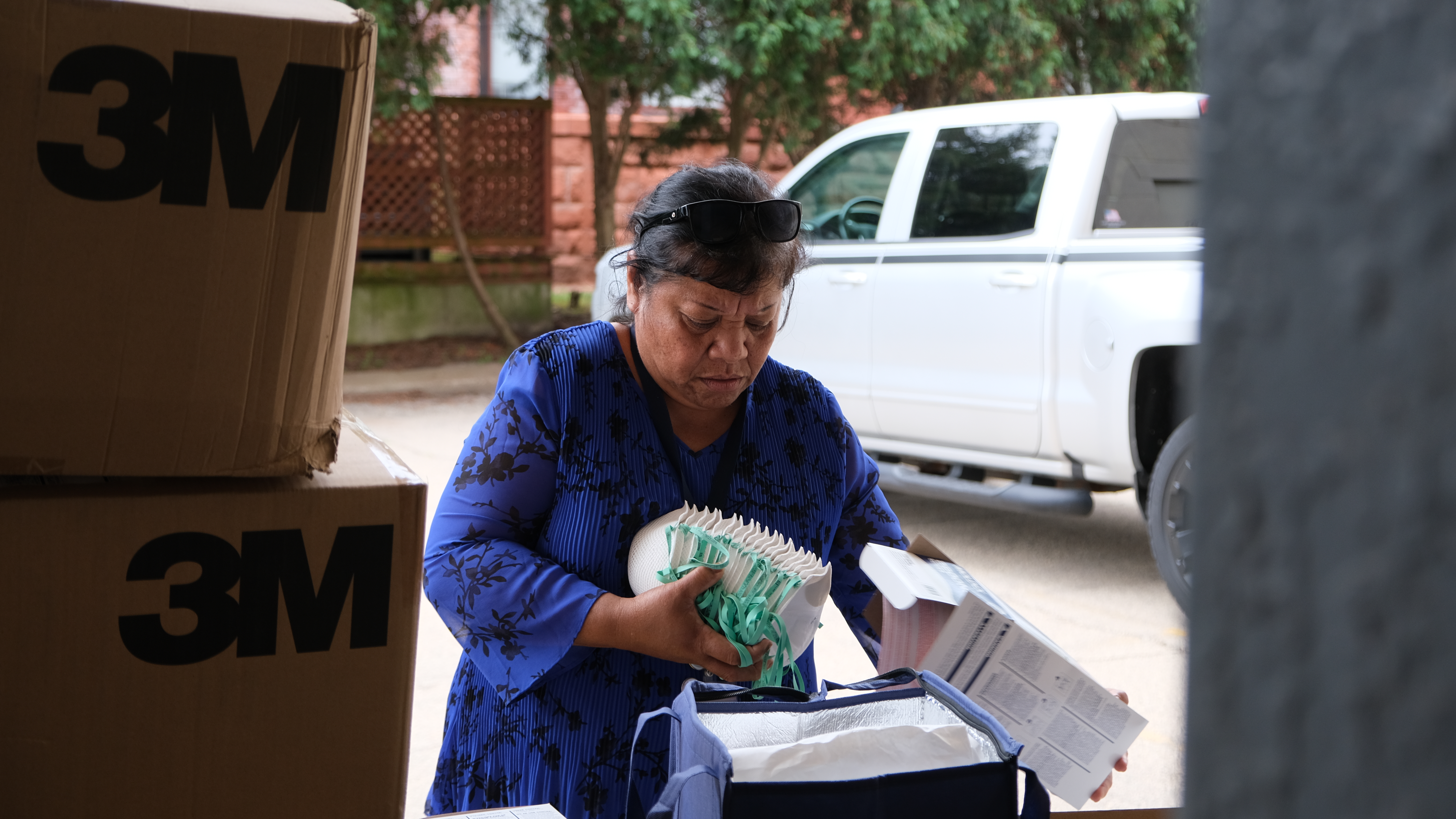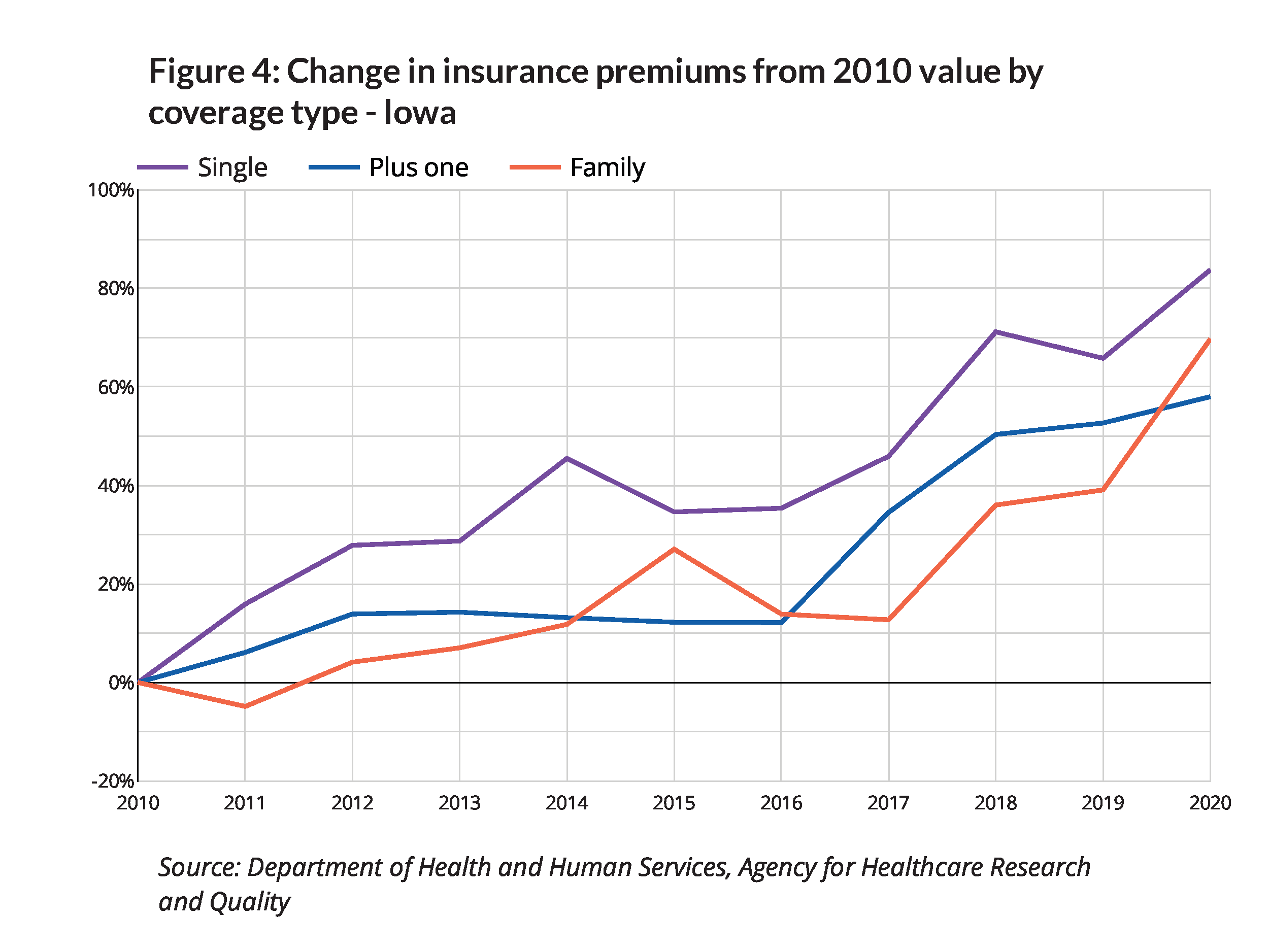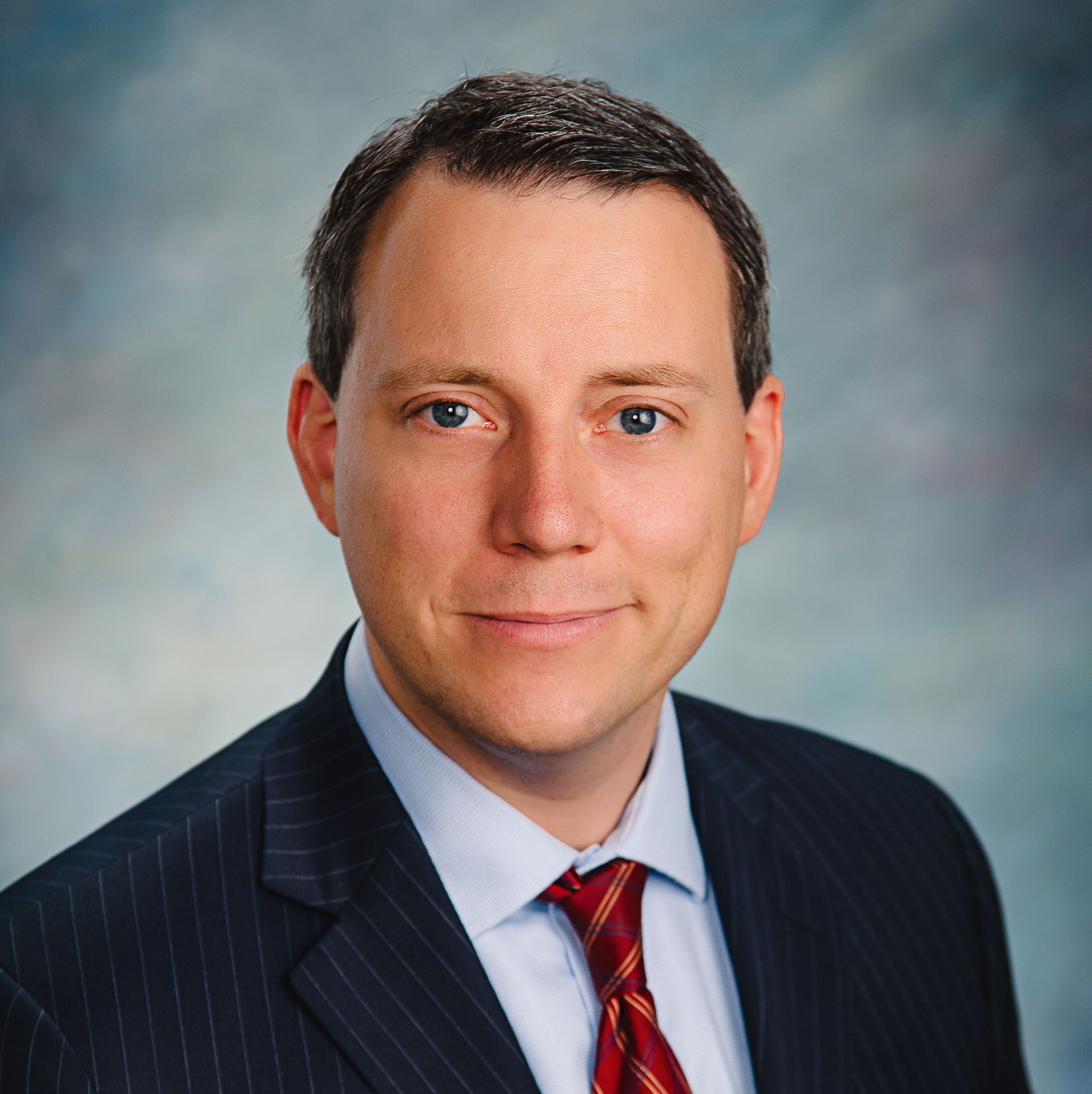Health

Healthcare for immigrant communities has been one of the most prominent areas of focus in the region, and for good reason. While there is some evidence that the average immigrant is actually in better health than the native-born resident in the United States,[1] this is counterbalanced by challenges accessing the healthcare system. For many immigrants, unfamiliarity with the system (and sometimes distrust of it) may lead to individuals avoiding visits to care providers. It is not uncommon in immigrant communities for individuals to see a healthcare practitioner only when they are experiencing a medical emergency, a situation that often leads to higher costs and more serious conditions that could have been avoided through preventative visits and treatments.[2] This is compounded by the rising cost of healthcare, which may discourage immigrants without employer-supplied health insurance from making hospital visits. In Dubuque County, it is estimated that over 24% of foreign-born individuals are uninsured, compared to just 3% of the native-born population.[3]

Health-care concerns have been even more prominent for the region’s Pacific Islander population, for whom advocacy around health care has been an ongoing struggle for much of the past twenty years. Due to a myriad of historical factors—ranging from the testing of nuclear weapons on the Marshall Islands to dietary changes caused in part by colonization, nuclear contamination, and environmental disruption—the Marshallese population is at elevated risk for many of the leading causes of death in the United States. For example, it is estimated that adult Marshallese in the U.S. experience more than four times the incidence of diabetes than the general U.S. adult population.[4] These challenges have been compounded by federal policies around health insurance. From 1986 to 1996, Marshall Islanders living in the U.S. as COFA migrants (see Immigrant Populations in the Region for more information) were able to enroll in Medicaid and Medicare under federal law. However, in the 1996 Welfare Reform Act, COFA migrants were not listed as eligible for these two benefits (many advocates believe this was simply due to oversight). That meant that many individuals at elevated risk for serious medical conditions lost access to their health insurance. It is estimated that in 2020 nearly 30% of Dubuque County’s Pacific Islander population was uninsured.[5]
This finally changed at the end of 2020, when the U.S. Congress reinstated Medicare and Medicaid access for the Marshallese and other COFA migrants.[6] After years of hard-fought advocacy, this news was greeted with tremendous relief by local Marshallese communities. This result shows the value of continued advocacy and speaks to what Pacific Islanders and their allies were able to accomplish. Since that time, local care practitioners such as Crescent Community Health Center have worked to sign up uninsured Marshallese families for these benefits, helping to get dozens of individuals improved access to medical care.
This last effort points to one of the important assets that has been a notable success for the region: the outreach of care providers to immigrant communities. While one of the most prominent findings of this research is the lack of connection between immigrant communities and existing support systems (see Building Connections with Immigrant Communities for more information), within Dubuque, healthcare providers have been some of the most successful organizations in building trusted relationships with immigrant communities.
- Crescent’s Pacific Islander Health Project has been recognized for its impressive work serving the Pacific Islander community in the region, and they employ community health workers focused on Latino and other specialized populations.
- The Visiting Nurse Association employs a community connector serving the Marshallese population who provides both navigation and outreach to community members.
- Monsoon has been scheduling numerous community conversations with Asian and Pacific Islander communities to discuss health issues related to gender-based violence.
- Child Health Specialty Clinics’ family navigator serves the local Pacific Islander population.
- MercyOne and UnityPoint have conducted extensive free testing programs at immigrant community celebrations and in their residential communities.
- And a collection of partner organizations and community leaders met under the facilitation of the City of Dubuque to help with emergency efforts focused on immigrant populations during the Covid-19 pandemic.
This level of outreach and service within the health-care space was cited by immigrant communities during focus group sessions as an important reason for why they came to the region.
Recommendations
Although these successes should be recognized, gaps in service for immigrant populations continue to exist, especially for those who may not be able to have medical expenses covered through insurance. For example, brain health[7] services are a major gap within the community. And medical interpretation continues to be an outstanding need. To see recommendations that provide some potential opportunities to help address these and other challenges the community faces, click here.
Continue Reading
Use the following links to learn more about different issues facing immigrant communities:
- For Case Management, click here
- For Education and Youth Support, click here
- For Housing, click here
- For Legal Assistance, click here
- For Translation and Interpretation, click here
- For Workforce and Employment, click here
To return to the Immigration Community Assessment welcome page, click here.
